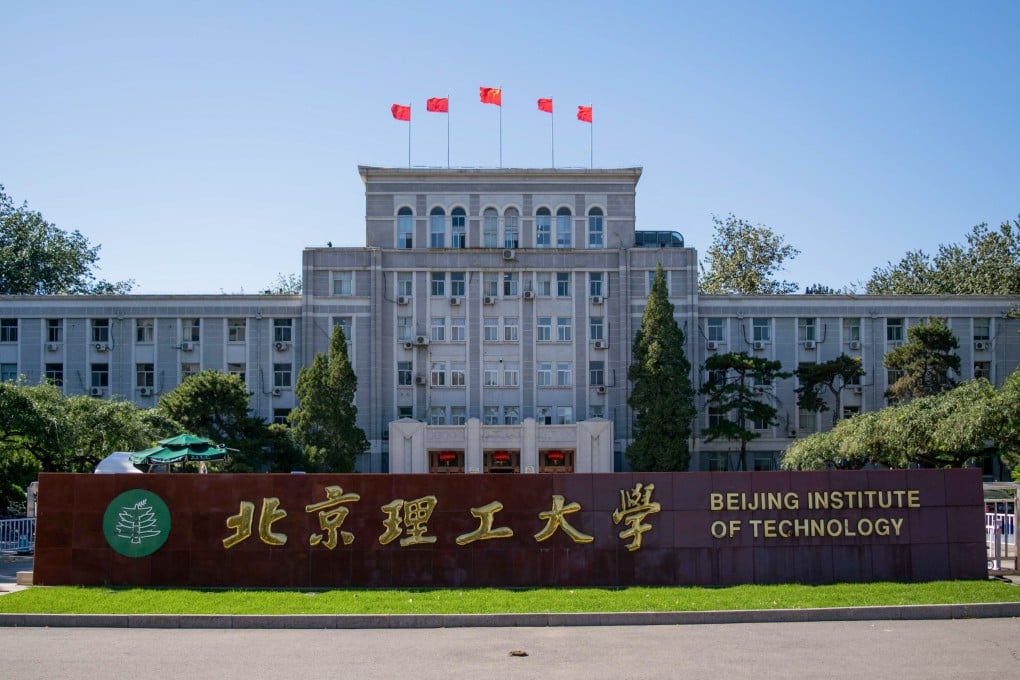Articles in this Cluster
12-11-2025
Japan's new Prime Minister Sanae Takaichi has sparked a diplomatic row with China over Taiwan, stating that a Chinese attack on the island could trigger a military response from Tokyo. China's ruling Communist Party claims Taiwan as its own, and Beijing has warned other countries not to cross this 'red line.' Takaichi's comments have been met with escalating nationalist rhetoric in China, including threats from Chinese diplomats and state media. The controversy has revived China's 'wolf warrior' diplomacy, an aggressive style of foreign policy that emerged in the early 2020s. The tension between Japan and China is already strained due to historical hostility and Tokyo's colonial and wartime past.
Entities: Sanae Takaichi, China, Japan, Taiwan, Xi Jinping • Tone: neutral • Sentiment: negative • Intent: inform
12-11-2025
A Chinese consul general in Japan threatened to decapitate Japan's new prime minister, Sanae Takaichi, over her comments in defense of Taiwan, sparking outrage in Tokyo and rising tension between the two regional powers. Takaichi had stated that a Chinese blockade of Taiwan would create a 'survival-threatening situation' for Japan, potentially compelling Tokyo to deploy its Self-Defense Forces. The Chinese diplomat, Xue Jian, made the threat on a social media post, which was later deleted. Japan's government condemned the statement, and Tokyo lodged a formal protest with Beijing. China defended Xue, saying his words were in response to Takaichi's 'wrongful and dangerous' comments.
Entities: Sanae Takaichi, Xue Jian, Japan, China, Taiwan • Tone: negative • Sentiment: negative • Intent: inform
12-11-2025
Chinese President Xi Jinping's military purges have exposed deep-seated corruption in China's nuclear forces, raising concerns about the country's ability to manage its growing arsenal. The purges, which have targeted top generals and military leaders, are part of Xi's efforts to consolidate power and prepare for worst-case scenarios. The moves have also highlighted differences between the Chinese and US militaries, with the former focused on defending the ruling party and the latter on defending the nation. The corruption in China's rocket force, which controls the country's nuclear missiles, is particularly troubling, with analysts warning that it could undermine the military's effectiveness.
Entities: Xi Jinping, China, United States, People's Liberation Army, Rocket Force • Tone: neutral • Sentiment: negative • Intent: analyze
12-11-2025
A Beijing official in Hong Kong reassured diplomats and business leaders that China remains a secure investment destination despite recent geopolitical tensions. Cui Jianchun, commissioner of the foreign ministry's office in Hong Kong, met with about 60 envoys, commerce chamber representatives, and members of the international media to discuss the Communist Party's fourth plenum and the country's 15th five-year plan. Cui emphasized China's efforts to achieve self-reliance and strength in science and technology, build a robust domestic market, and deepen reforms, while also highlighting challenges related to international trade. He stated that China remains an ideal, secure, and promising destination for investment, and that investing in China is investing in the future.
Entities: China, Hong Kong, Beijing, Cui Jianchun, Communist Party • Tone: positive • Sentiment: positive • Intent: inform
12-11-2025
The People's Liberation Army (PLA) has banned four Chinese universities from participating in military procurement due to bid-rigging allegations. The universities, including Beijing Institute of Technology, Beijing Jiaotong University, Harbin Institute of Technology, and Harbin Engineering University, received bans ranging from two to three years or permanent. The bans are part of Beijing's ongoing anti-corruption drive in the military procurement system. The universities are known for their involvement in China's defense construction and have been subject to US sanctions. The PLA has increased scrutiny of its procurement system to prevent corruption, as outlined in the Communist Party's policy recommendations for 2026-30.
Entities: People's Liberation Army, Beijing Institute of Technology, Beijing Jiaotong University, Harbin Institute of Technology, Harbin Engineering University • Tone: neutral • Sentiment: negative • Intent: inform
12-11-2025
China has intensified its rhetoric and actions towards Taiwan, signaling a shift in its stance on the island. A series of statements, articles, and photos released by China in recent weeks have been seen as an escalation by analysts. China's military is not yet capable of a full invasion, but senior officials have started using sharper language, and the country has introduced a new national holiday to bolster its claim over Taiwan. The moves are part of a 'longer-term adjustment' of China's Taiwan policy, according to analysts, and may be aimed at preparing the ground for US concessions on Taiwan's protection during a potential meeting between Donald Trump and Xi Jinping in April.
Entities: China, Taiwan, Beijing, Chinese Communist Party, Hong Kong • Tone: neutral • Sentiment: negative • Intent: inform
12-11-2025
Japan's first female Prime Minister, Sanae Takaichi, is undecided about whether to defy centuries of sumo tradition by entering the 'sacred' dohyo to present a trophy at an upcoming tournament. The sumo association has a long-standing ban on women entering the ring due to a Shinto belief that they are 'impure' because of menstrual blood. The decision is being closely watched by sumo fans and women's rights campaigners, as it could be a symbolic victory for gender equality.
Entities: Sanae Takaichi, Japan Sumo Association, Fukuoka, Minoru Kihara, Shinto • Tone: neutral • Sentiment: negative • Intent: inform
